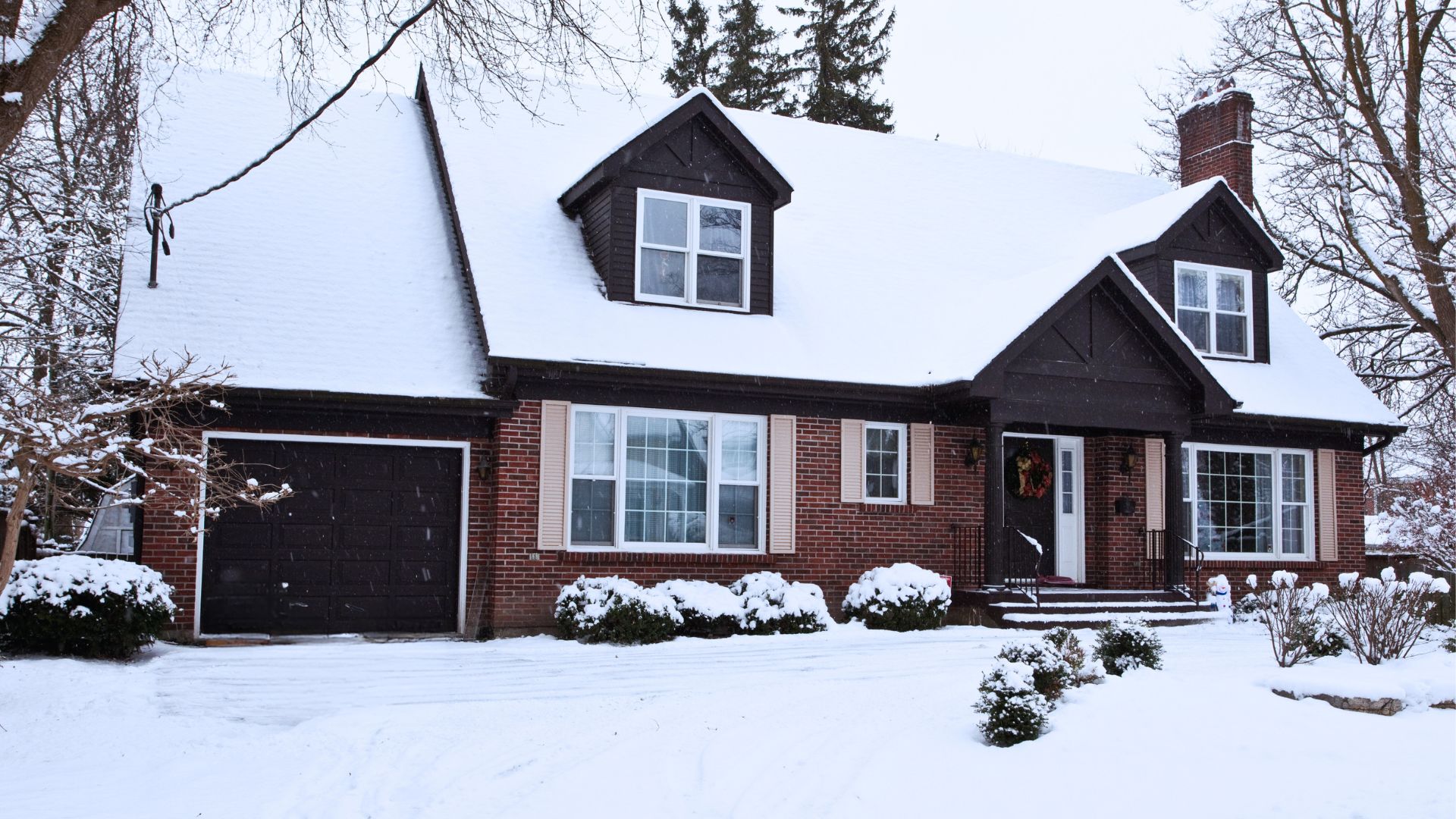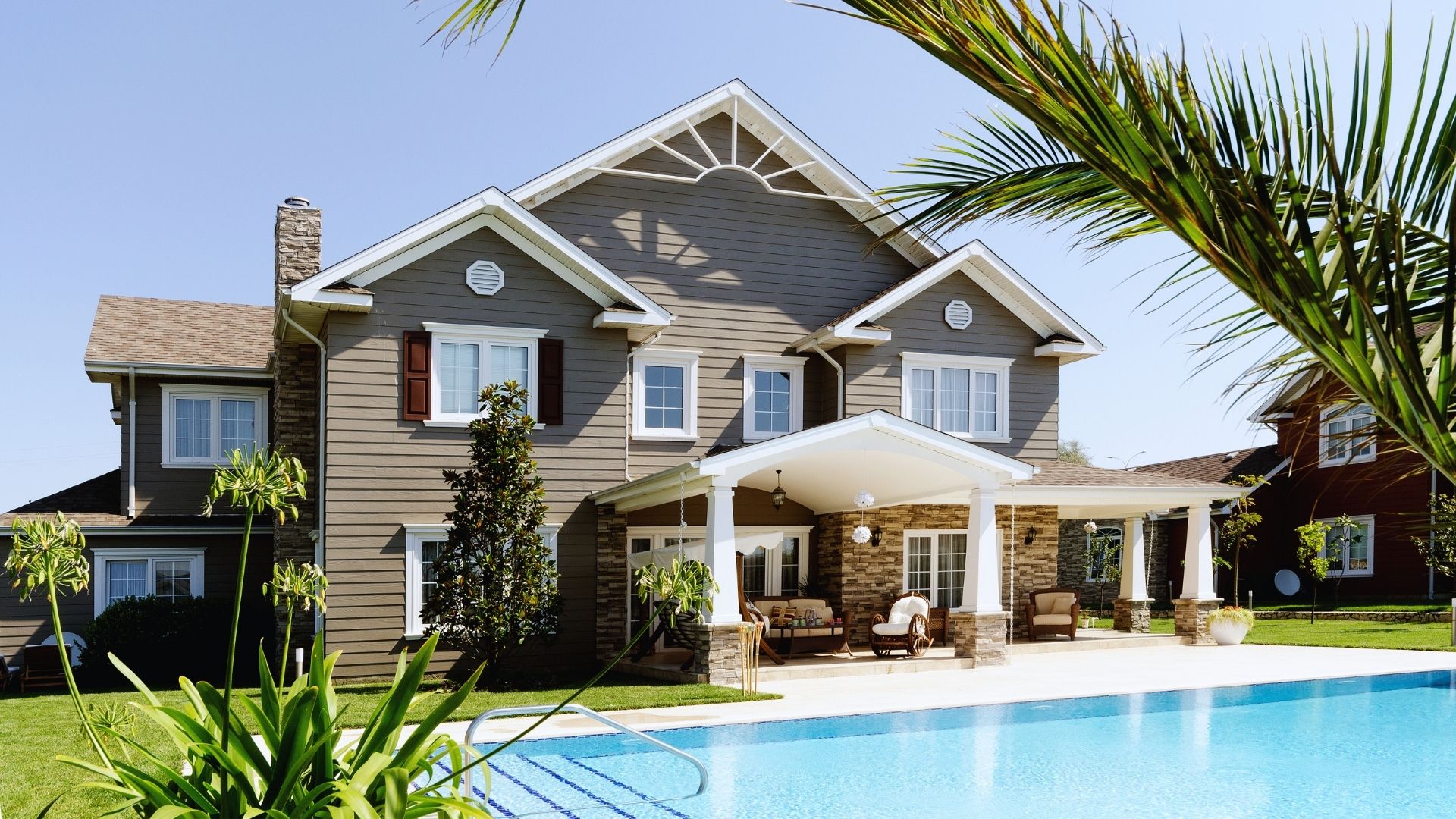Does it make more sense to rent vs buy a home in 2025? With fluctuating interest rates, shifting home prices, and rental costs climbing in many cities, the rent vs buy debate is at the top of a lot of minds. Which option is right for you, and what factors should weigh into your decision?
Rent vs Buy: What’s New in 2025
Several economic forces are influencing the housing market and the rent vs buy decisions people are making.
In Many Markets, Renting is Cheaper
A new report* from Harvard’s Joint Center for Housing Studies shows that a wave of new rental construction is reshaping affordability in 2025. More than 600,000 multifamily units were completed in 2024, the largest annual total in almost 40 years. This surge in supply has kept rent growth in check, with the national average rising just 0.8 percent year over year in early 2025. In roughly one third of major markets, rents have actually declined, particularly in cities where construction activity has been strongest.
At the same time, Bankrate’s* 2025 “Rent versus Buy” study finds that owning a home remains a little more expensive than renting at the moment. When factoring in mortgage payments, property taxes, and insurance, the average cost of ownership is slightly higher than the average rent. The typical monthly mortgage payment now sits at $2,768, while the average rent remains close to $2,000. Though a $700 may seem like a lot, there’s a lot of factors to take into consideration. That $2,768 would be staying in your pocket when owning a home, vs $2,000 in your landlord’s pocket and nothing to show for it.
Mortgage Rates Remain High
Although they have been fluctuating, mortgage rates are still higher than pre-pandemic levels. Interest rates make a big difference in what it costs to own a home and should weigh heavily into the buy vs rent decision.
Housing Supply is Low
The lack of available homes for purchase is driving costs up, although in most markets the increase is not substantial. Per a report by JP Morgan, the housing market is essentially “frozen,” with few current owners selling, and not many purchases being made. Anyone trying to buy a home currently has to deal with a shortage of inventory.
These trends are not affecting all markets equally, so it is critical to evaluate local conditions, including trends in rental rates, home availability, and home prices.
Renting Pros and Cons
When you’re trying to decide if you should rent vs buy a house, renting has these advantages:
- Lower overall monthly expenses.
- More flexibility: if you need to move, you’re not stuck with the hassle of selling your house.
- Lower upfront costs: no closing costs or down payment.
- Maintenance-free living: your landlord takes care of everything from appliance repair to landscaping.
- Access to amenities like a swimming pool and gym.
- No need to worry about decreasing property values.
Renting also has downsides, including:
- Upfront costs like a security deposit or first-and-last month’s rent.
- Lack of control: You can’t make changes to your living space other than moving furniture around and decorating.
- Risk of being forced to move: In some jurisdictions, your landlord could legally evict you if they decide to renovate the building, move into your unit themselves, or sell the building.
- Rent increases: your rent could go up with each lease renewal.
The case for renting is a strong one! In the rent vs buy debate, could renting be the right option for you?
The Case for Buying
Buying a home is part of the American Dream, and it has some great advantages:
- Equity building: With every mortgage payment, you gain additional equity in a major asset.
- Freedom to customize: As long as you’re working within zoning regulations, HOA agreements and municipal bylaws, you can make any changes you want to the exterior and interior of your home.
- Stable payments: your mortgage payments stay the same for the length of the term.
In the rent vs buy comparison, buying also has significant disadvantages:
- High upfront costs, including a down payment, closing costs, and other hidden costs of buying a home.
- Opportunity cost of a down payment: Your down payment is an investment in real estate, but it means that money is not available for other investments.
- Responsibility for maintenance and upkeep: You have to mow the lawn, shovel the sidewalk, and take care of all the maintenance tasks inside the home. This can come with unexpected and very high expenses.
- Less flexibility: when you need to move, you’ll have to sell your house, which is much more time-consuming, complicated, and expensive than moving from a rented property.
Use a Rent vs Buy Calculator
Still trying to decide whether to rent vs buy? A calculator can help you see things from an objective, financial angle. There are numerous reliable calculators available online. Before you access them, collect the information you will need, including:
- Home ownership factors:
- Home purchase price and closing costs
- Down payment amount or percentage
- Mortgage interest rate and term of the loan
- Property taxes and homeowners’ insurance
- Estimated maintenance and repair costs and HOA fees, if applicable
- Annual home value appreciation (%)
- Expected selling costs
- Rental factors:
- Monthly rent and expected annual rent increase (%)
- Renters’ insurance (optional but highly recommended)
- Security deposit and other upfront rental costs
- Additional factors:
- How long you plan to live at the property
- Expected rate of return on investments
- Personal income tax rate
A rent vs buy calculator will typically tell you the total cost to buy vs rent over X number of years and could make a recommendation such as: “Renting is cheaper if you move within 3 years; buying is better after 5 years.”
While using a rent vs buy calculator can give you an objective comparison, there are limitations to these tools: they rely on assumptions such as steady rent increases and home value appreciations, and don’t account for all potential costs, especially unpredictable ones. They also can’t predict future market shifts and economic factors, especially the ones that affect localized markets. Another thing to keep in mind is that they’re focused on the numbers and don’t factor in lifestyle preferences like flexibility, long-term plans, or the emotional value of owning a home.
Rent vs Buy: Which is Best for You?
To decide whether to buy vs rent a house in 2025, ask yourself:
- How long do I plan to stay in this area?
- Do I have a stable income and emergency savings?
- Am I ready for the responsibilities of homeownership?
- Would I prefer to invest in real estate or keep my financial flexibility?
- Do I need lifestyle flexibility at this point in my life/career?
There’s no absolute answer to what’s best for everyone, but taking all the relevant information into consideration, using a rent vs buy calculator, and making a plan for your future are great steps toward the right rent vs buy decision for you.






